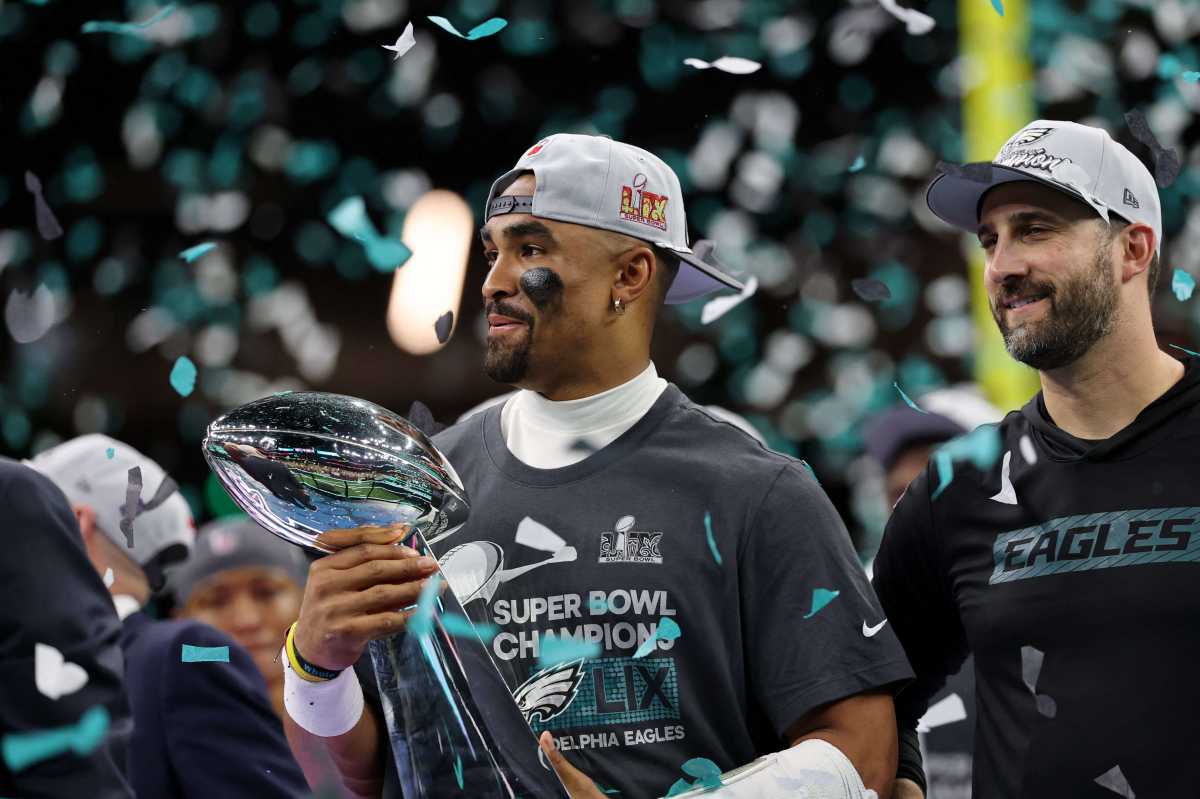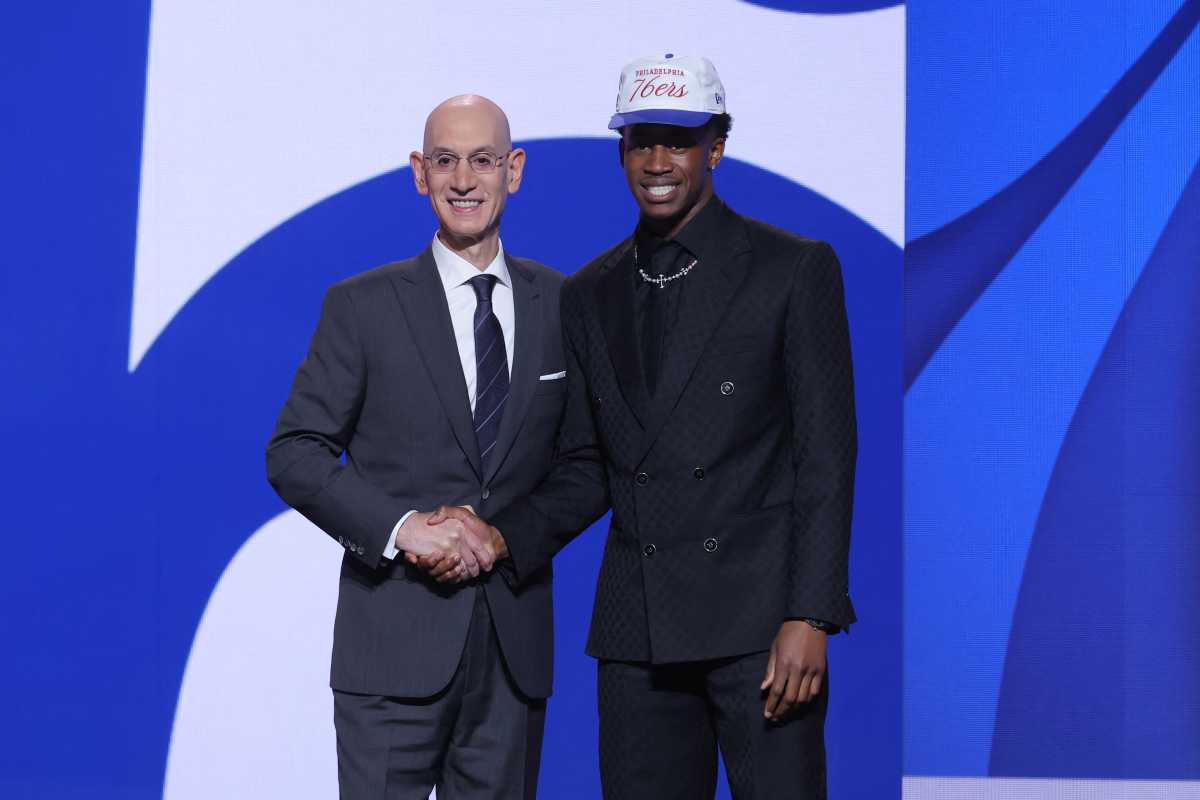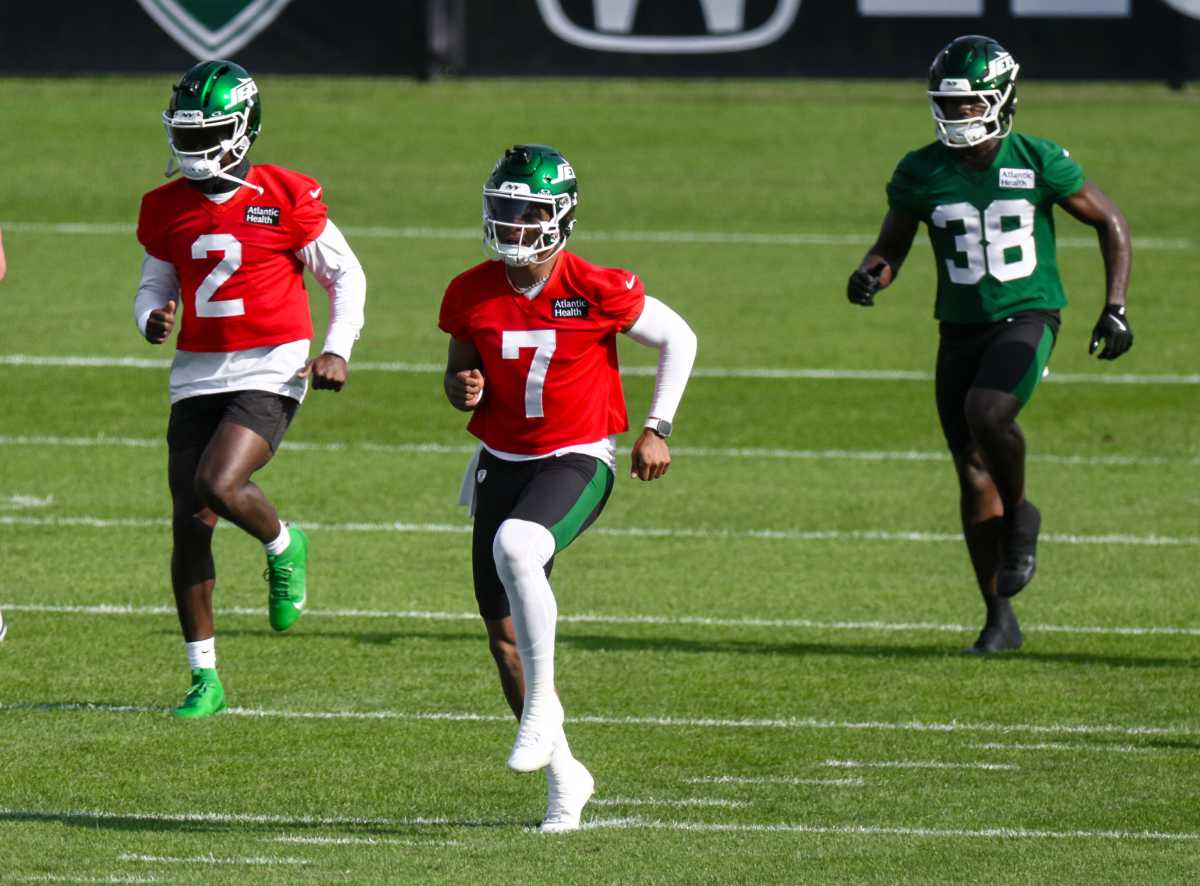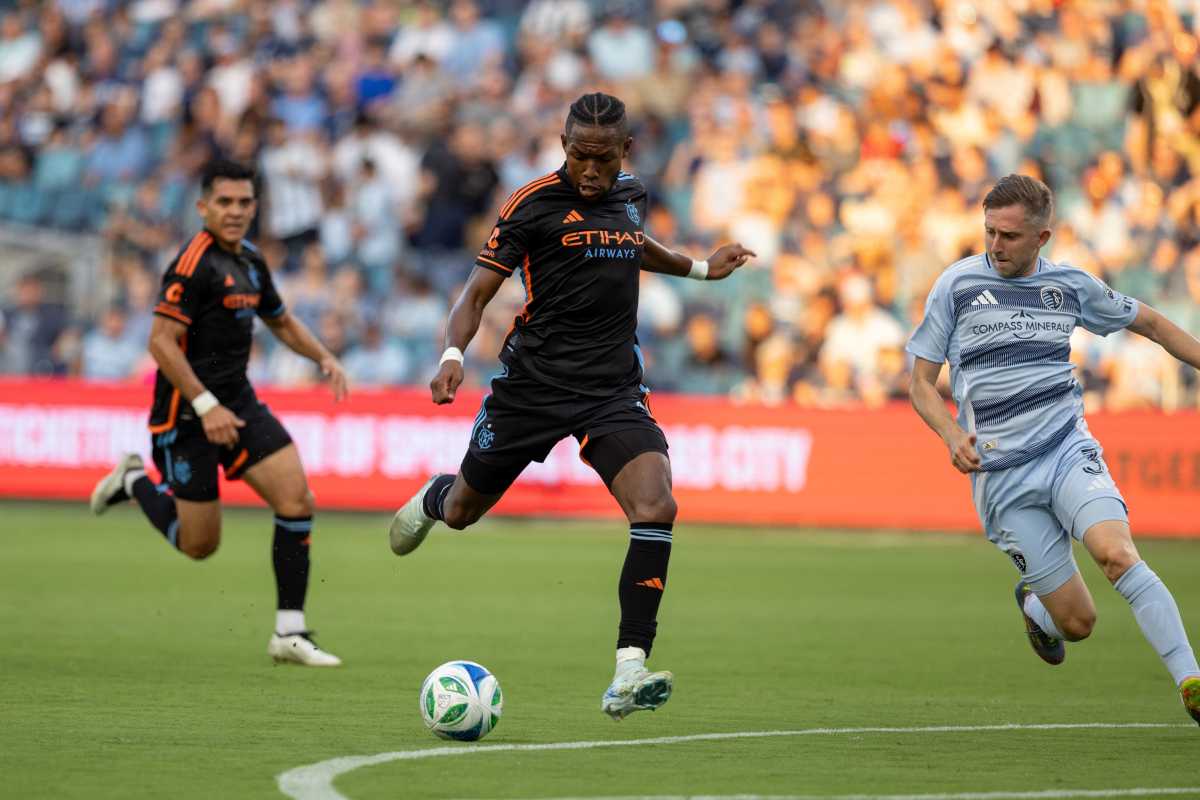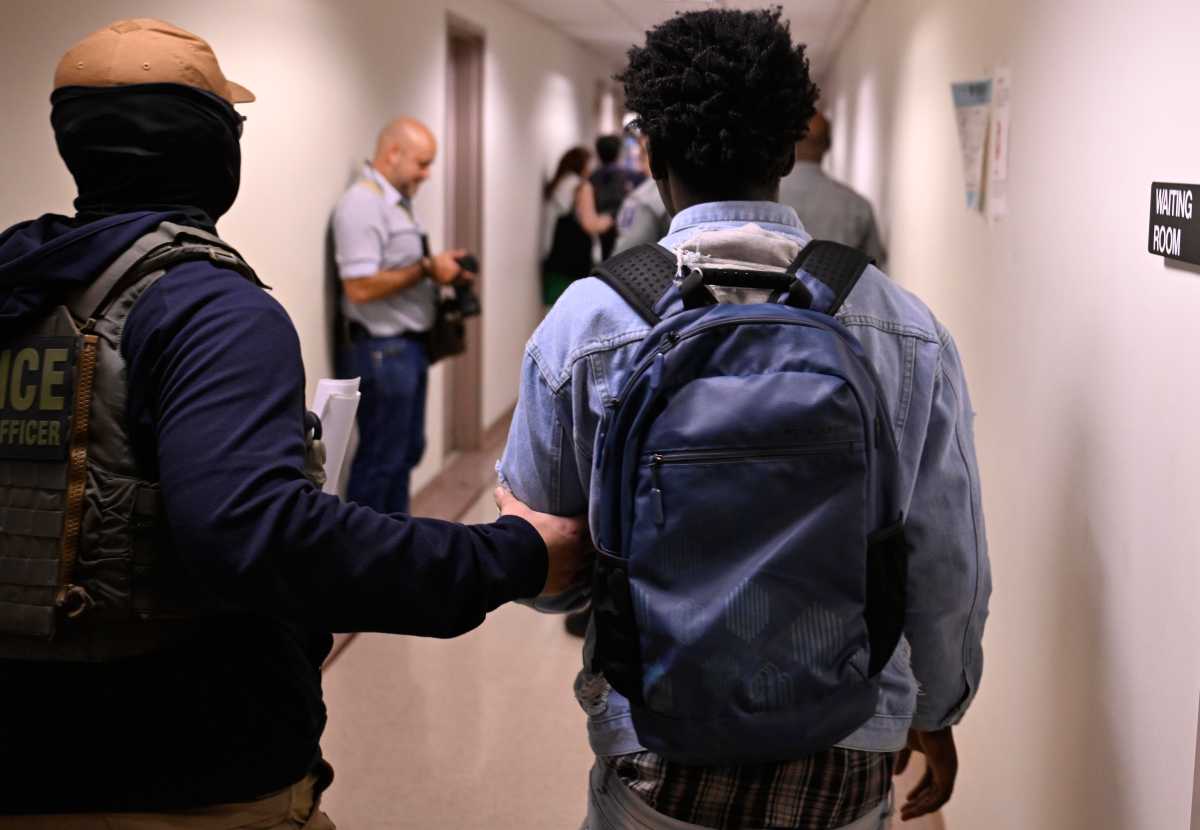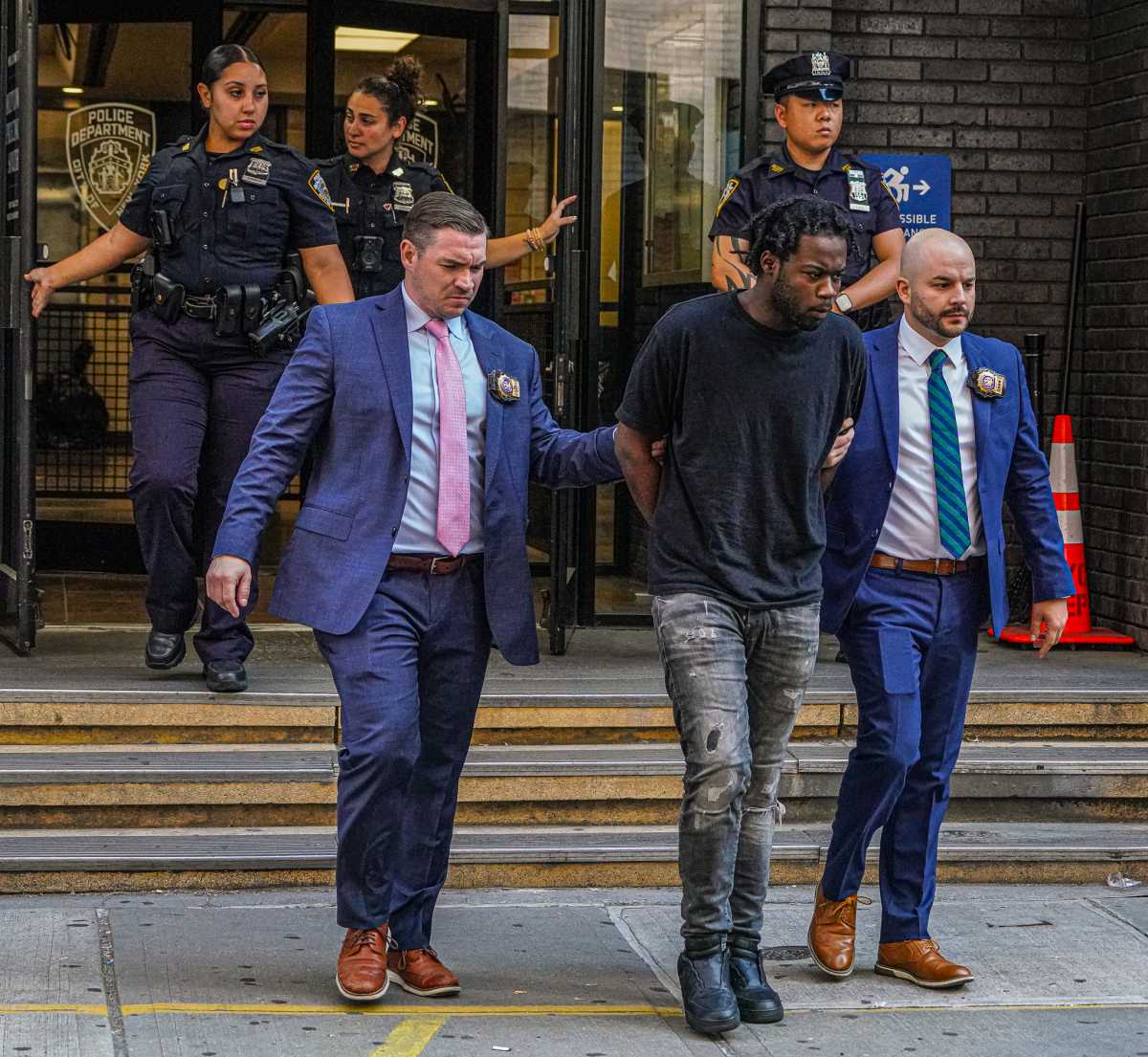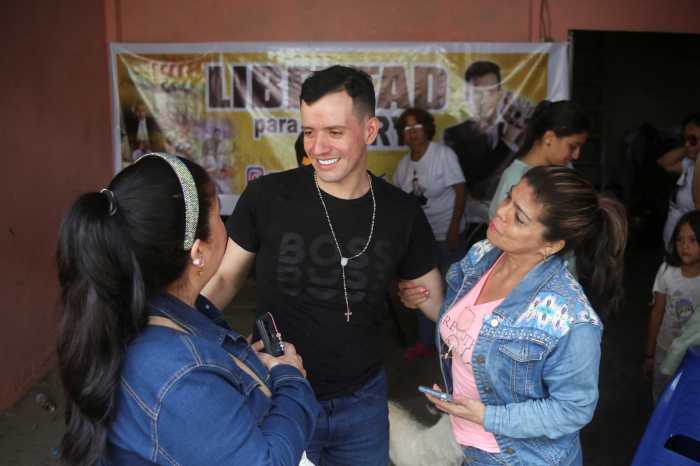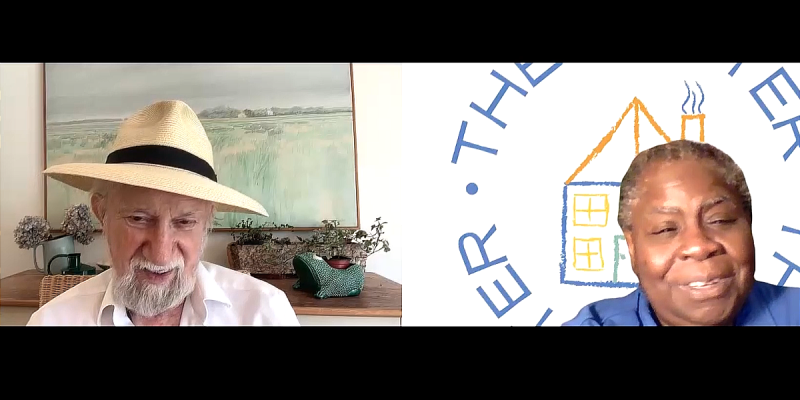Its 2 a.m. in London when Eddie Marsan takes our call. That’s how dedicated he is. He’s finished a day of shooting but is still awake and energized to discuss his performance in the small English film “Still Life,” in which he plays a council case worker whose job involves arranging funerals and finding the lost loved ones of the lonely and forgotten. It’s a rare lead role for one of the great “that guy!”s of modern movies, whose interesting face and sometimes intense (and sometimes delicate) performances have graced “Miami Vice,” “Hancock,” “Sherlock Holmes,” Mike Leigh’s “Vera Drake” and “Happy-Go-Lucky” as well as the show “Ray Donovan” — and the upcoming miniseries of “Jonathan Strange & Mr. Norrell,” in which he plays the latter. Busy guy.
This is a very small and gentle film, reminiscent of The Beatles’ “Eleanor Rigby” or a Kinks song. Was that the appeal?
It was a unique film about London. I get offered a lot of films about London because I’m a London actor. And I turned them down because of all the cliches. I have a rule that I don’t make films about cockneys on coke. And there’s lot of films about cockneys on coke. This was a unique film about London because it was from an Italian perspective. It’s a little Italian film but it’s set in London.
Your character, John May, communicates mostly through movement. He says little.
The character of John May could speak any language. He could speak Italian, Russian, Polish. He’s a universal character. And London I think is a universal city. It’s an international city. As an actor the challenge was to express everything he’s thinking without words. I’ve always believed in the intelligence of the audience. You don’t have to show the audience everything; just trust that they’ll get it. They’ll get it without being patronized to.
It’s a very physical performance, and some commentators have compared it to the Little Tramp.
The way I played John May was as a man who wasn’t aware of how he looked or how he appeared. As actors we live in front of people; we have an idea of how we look, how we come across. I don’t think John May had that idea. When I played John May I played him as a man who had no idea he was being watched or observed, no idea how he came across. That informed everything I did as John May.
The deadpan tone is even reminiscent of Jacques Tati.
The funny thing is I always see those things afterwards. I’ll do a film and someone will say, “Oh, this is like Jacques Tati” or “This is like an Italian film from the ’60s.” You’d think I had those influences in my mind when I was doing it, but I’m not that bright, really. I watch it afterwards. I didn’t have those things in mind when I made them; I just made them. But at dinner parties I act like I knew I was doing that, even though I didn’t have a clue.
What was it like for you to play a character who’s so isolated from everyone and everything?
It reminded me of dating before I got married.
This is a rare lead performance for you. Did that affect your methodology at all?
It’s the same job, really. You have to create a complete character. I just did what I always do. And actually I probably had more lines in other films than here.
You tend to jump between playing very evil or aggressive characters and very nice ones. This is one of the nice ones.
There are no good or bad people — just unhappy people searching for happiness. Every character is in search of happiness, no matter how they do it, no matter if they think happiness comes from killing somebody or happiness comes from giving somebody and appropriate burial. You just do it. I never play villains; I always play human beings. I never play heroes either.
You also tend to be a go-to character actor.
I’ve always tried to be diverse for a number of reasons. One was a fear of being unemployed. For someone like me, diversity is a necessity. Put me on screen and women don’t want to have sex with me and men don’t want to be me. There must be some other reason to employ me, and it must be because I can do characters.
You regularly get big time Hollywood work but you’ve done it without moving to Los Angeles and sitting by pools, waiting for phone calls from execs.
The first film I did in America was “21 Grams.” Michael Mann was a fan of Alejandro [Gonzalez Inarritu, director] and he saw me and he put me in “Miami Vice.” At the same time I was doing Mike Leigh stuff in London. There was just serendipity that both sides of the Atlantic became aware of me at the same time. I’ve never gotten a job from a party. I’ve only ever gotten jobs from jobs. I think work gets work. You don’t have to be in L.A. to get a job. Your film just has to be seen by people in L.A.







